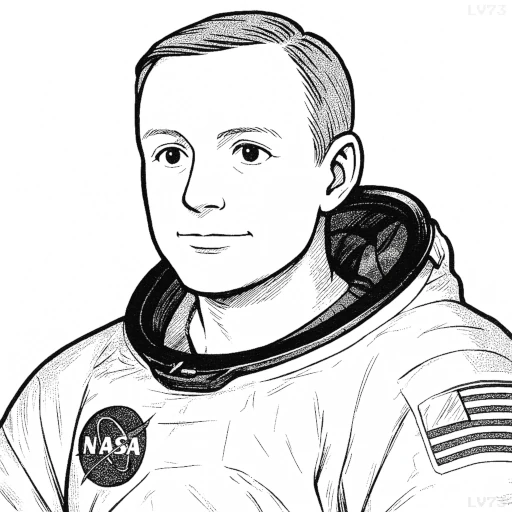“Science has not yet mastered prophecy. We predict too much for the next year and yet far too little for the next 10.”

- August 5, 1930 – August 25, 2012
- American
- Astronaut, Aerospace Engineer, First Person to Walk on the Moon
table of contents
Quote
“Science has not yet mastered prophecy. We predict too much for the next year and yet far too little for the next 10.”
Explanation
In this quote, Neil Armstrong draws attention to the limitations of scientific and technological forecasting, emphasizing that our predictions tend to be short-sighted and imbalanced. His statement — “we predict too much for the next year” — points to the tendency to overestimate short-term change, often driven by media, hype cycles, and immediate expectations. In contrast, “far too little for the next 10” reveals our failure to anticipate long-term transformations, which usually unfold more quietly but have far greater impact.
Coming from someone who witnessed humanity go from propeller planes to moon landings within a few decades, Armstrong’s perspective carries weight. His remark reflects a frustration with how society often lacks vision and patience. True innovation, like the Apollo program, requires long-term commitment and imagination — not just reactive thinking or chasing trends. Armstrong reminds us that science is powerful but not omniscient, and that strategic foresight is just as essential as data.
Today, this quote is particularly relevant in areas like climate change, artificial intelligence, and space exploration, where short-term fixes often dominate discourse. It challenges leaders, scientists, and citizens alike to think not just about what is coming next, but what should come next, and to plan accordingly. Armstrong’s insight encourages a more thoughtful, farsighted approach to progress — one that values the future as much as the present.
Would you like to share your impressions or related stories about this quote in the comments section?

